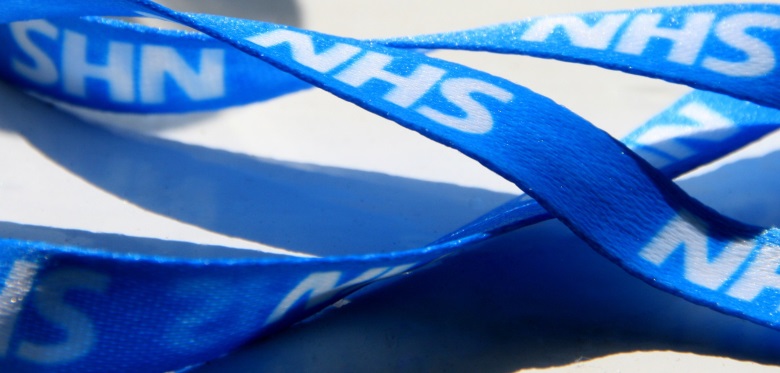A criminal trial relating to the tragic death of Frances Cappuccini, in October 2012, began yesterday (13 January 2016). Mrs Cappuccini died within hours of giving birth to her second child by an emergency caesarean section.
It is the prosecution’s case that the two anaesthetists caring for Mrs Cappuccini failed to protect her airways and ensure that she came round following the procedure under a general anaesthetic. Sadly, Mrs Cappuccini suffered a cardiac arrest as a result of acid build-up in the body and did not recover.
A consultant anaesthetist has been charged with manslaughter while his colleague - who was also accused - has fled the country and has not been charged. Both deny responsibility for Mrs Cappucini's death.
In addition, Maidstone and Tunbridge Wells NHS Trust, which runs Tunbridge Wells Hospital, is charged with corporate manslaughter. The prosecution alleges that the trust was guilty of "very serious failings" in the adequacy of the care provided. It also alleges that the trust had failed to take reasonable care to ensure that the anaesthetists were appropriately trained and that it also failed to ensure that the anaesthetists were supervised when caring for Mrs Cappuccini.
This is the first time that an NHS Trust has been charged with this offence since legislation was passed in 2008. Maidstone and Tunbridge Wells NHS Trust denies corporate manslaughter.
The trial is ongoing and it remains to be seen whether the NHS Trust will be found guilty of corporate manslaughter. If they are, it is unlikely that further such cases will follow in significant numbers. The high threshold of proof that is required in criminal cases, and also the potential impact that sentencing could have on NHS finances as a whole, will likely provide an obstacle to similar cases being brought. There is no maximum limit on the fine that can be given to a corporation under the Corporate Manslaughter and Corporate Homicide Act, although, the CPS guidelines do state that, although the fine must be punitive, a different approach in determining the level of the fine may be justified for NHS Trusts.
All the same, the trial is likely to prove a long and unpleasant process for all parties - particularly with the significant media interest in this case. A national newspaper recently referred to the charges as putting 'the NHS on trial'. This might be a little strong, but having a highly emotive, high-profile case so prominently in the public eye could be very damaging to the reputation of the trust involved and public faith in the NHS.
By Gemma Crompton, clinical negligence team



Comments